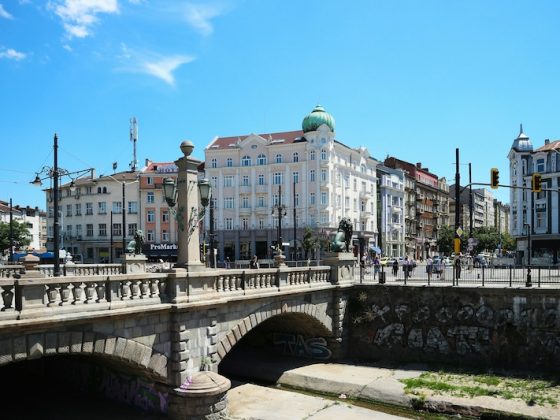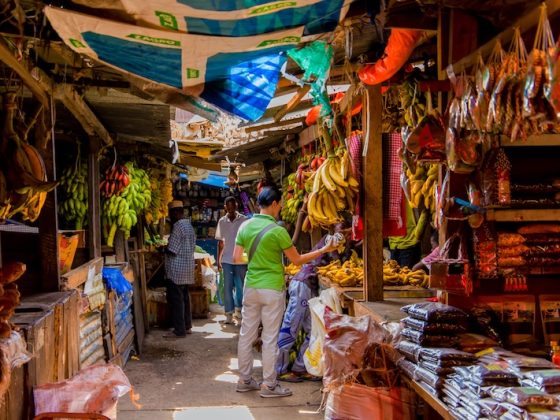Living in Turkey: A Chance Encounter
I first came to Turkey when I met another Australian backpacker while traveling solo through Europe. We went to Greece together, following her out-of-date guidebook, and when she said she was heading to Istanbul, I followed. A few days after we arrived, she left for London—but I stayed. I spent two months in central Anatolia, living in Turkey with a Turkish family in a small village. I didn’t speak the language or share the religion, but I still remember looking up at the blue sky, hearing the birds sing, and feeling an overwhelming calm. Time stood still, and I realized I was happy. For some inexplicable reason, I felt at home.
That feeling has stayed with me. It’s something you can’t find by reading about someone else’s travels or liking their photos on Instagram. You have to experience it yourself—and decide whether the effort of adapting to a new culture is worth it. Although chance first led me to Turkey, returning and making a life here was a conscious decision.
Anyone who’s traveled in Turkey knows how incredibly hospitable Turkish people are. They always have time to sit and chat, offer endless glasses of tea, and ask what you love most about their country. It makes you feel special and seen.
But living in Turkey, you quickly learn that family comes first. For my Turkish friends, family means everyone— aunts, cousins, spouses, uncles, nieces, grandparents, siblings, nephews, and in-laws. Even when they fall out, they’re still family.
A former colleague once told me she had 25 female cousins and often apologized for not seeing me outside of work. My closest Turkish friend has about 50 relatives in her immediate circle, so there’s always someone to visit—or someone dropping by, often unannounced. It’s not unusual for her to get a call from a relative saying they’re coming to Istanbul, only for the doorbell to ring moments later.
Living in Turkey in the moment is very much the Turkish way, and I struggle with that. I like certainty—making plans, having things to look forward to. Letting go of that need and enjoying time with friends, gazing at Ottoman architecture on a ferry across the Bosphorus, or discovering a small local restaurant serving sublime ezo gelin—my favorite red lentil soup—is the payoff.
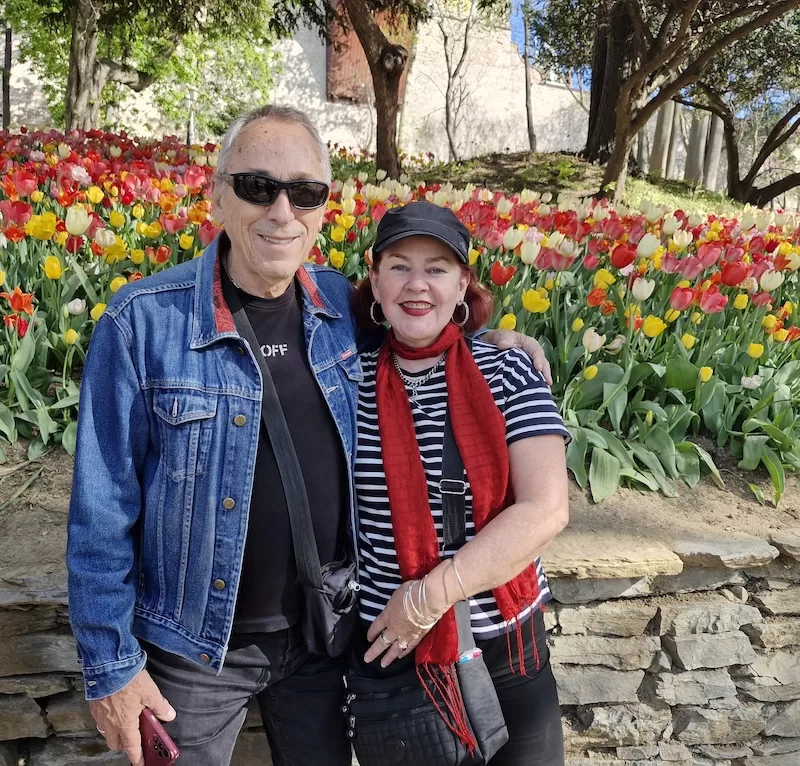
Do You Speak English?
During my frequent outings to lesser-known historical and archaeological sites across Istanbul, I often meet tourists who are completely lost. Outside the city’s tourist centers, few Turks speak English fluently or feel confident enough to try. Even when I taught English, most administrative and support staff only spoke Turkish, which made it hard to get things done.
Not speaking the language can be frustrating and disheartening. It’s like being a small child again—unsure what people are saying and unable to express yourself fully. Turkish is a difficult language to learn, but even a little effort goes a long way. Turks deeply appreciate when foreigners try, and they’ll go out of their way to help.
Language courses are a great start, but I’m largely self-taught. Most of my learning has come through real-life conversations—with neighborhood janitors, Huseyin the tailor across the road, and even strangers on public transport.

How to Stay Longer in Turkey
I first came to Turkey on a 90-day tourist visa. When it expired, all I had to do was cross the border into Bulgaria, re-enter Turkey, and get another 90 days. If there was a limit on how often you could extend your stay this way, no one I knew was aware of it. That option has long been abolished, and since then, the government has steadily tightened regulations.
One of the most popular ways to stay longer than a tourist visa allows—though not always the easiest—is to get a job. Certain professions are reserved for Turkish nationals, and companies must meet specific criteria to hire foreigners.
Teaching English in Turkey
Most foreigners who work here end up in education, one of the few fields open to non-Turkish nationals. There are teaching jobs at private schools, universities, and English-language institutes. In the past, being a native speaker was enough, but now you’ll need a relevant degree and teaching certifications such as CELTA or DELTA, completed in person.
I’d love to say my universities handled my work permit applications, but often I was sent alone to the immigration office to sort it out. Occasionally, a staff member accompanied me, but while fluent in Turkish, they usually knew less about the process than I did.

Residence and Other Permits
Despite the stress of getting a work permit, I became familiar with the general process for staying longer than 90 days. One key lesson: always bring a book, because waiting is inevitable.
My first residence permit was a “touristic” one—ostensibly for travel, but most people used it for long-term stays. It was once easy to renew repeatedly, but after the influx of displaced people from Syria and Ukraine, plus Russian draft dodgers, many districts are now closed to first-time applicants, and renewals are often refused.
In short, the government’s message is clear: you’re welcome to explore Turkey, but six months should be enough.
Read more like this: Best Places to live in the World
Property, Digital Nomads, and Volunteering
Today, owning property officially valued at $200,000 or more can qualify you for a residence permit. Citizens from select countries aged 21 to 55 can also apply for a one-year digital nomad visa—a new initiative still being refined.
Volunteering, while rewarding, is legally considered work if you receive accommodation or meals in exchange. Doing so on a tourist visa violates entry conditions and can result in deportation or a re-entry ban.
Over the years, I’ve stayed in Turkey under tourist visas, residence permits, and as a property owner. It’s all involved paperwork, patience, and persistence. Smiling helps too—especially when faced with bureaucracy. At one point, the central immigration office misplaced my file for five months, yet smiling got me further than complaining ever could.
Read more like this: How to Secure a Home Abroad
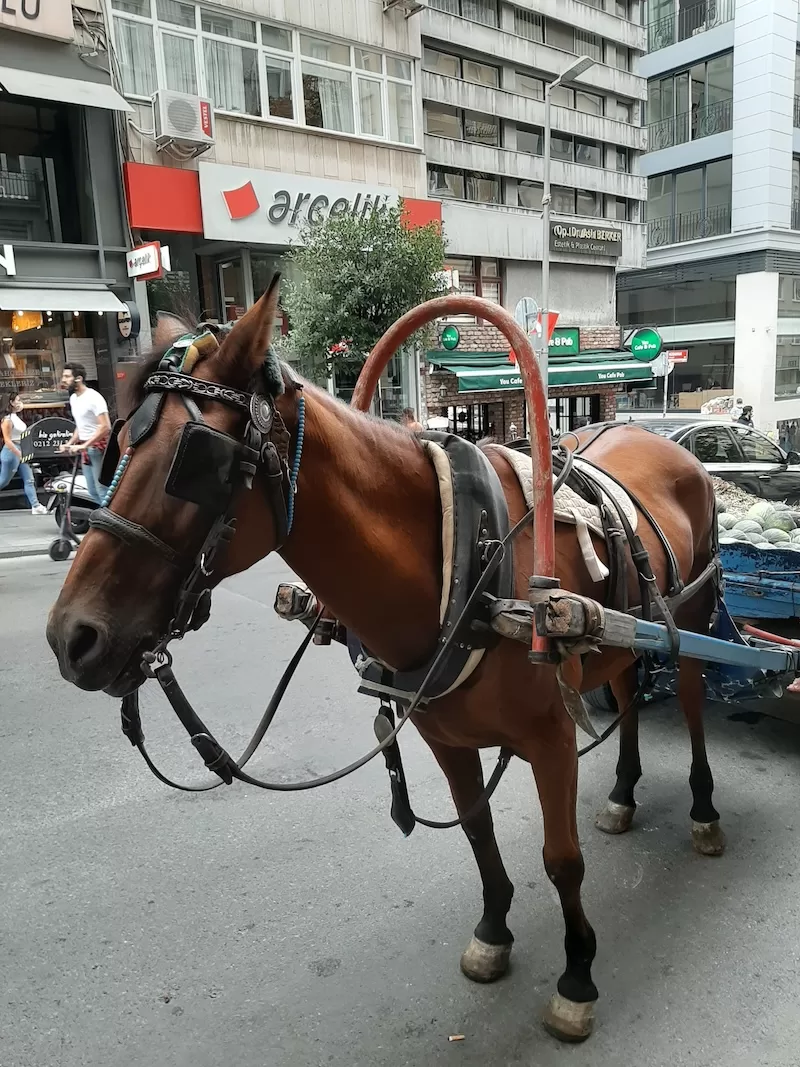
Turkish Citizenship
Becoming a Turkish citizen simplifies life enormously. With one ID card and number, I can open bank accounts, connect utilities, or deal with government offices without stacks of documents.
Options include applying after five years of continuous residence, buying property worth at least $400,000, or investing $500,000 for three years. Married applicants can extend citizenship to their spouse and children under 18—but men should note that military service is mandatory.
Read more like this: The 12 Best Countries to Gain Citizenship by Descent
Getting the Paperwork Right
Despite the spontaneity of Turkish culture, the bureaucracy is strict. To settle here, you need a tax number, bank account, residence permit, health insurance, and notarized translations of multiple documents—all within tight timeframes.
It can feel overwhelming, but it’s manageable if you take time to understand the process. Many expats rely on relocation agents, but established expat Facebook groups also provide invaluable advice.
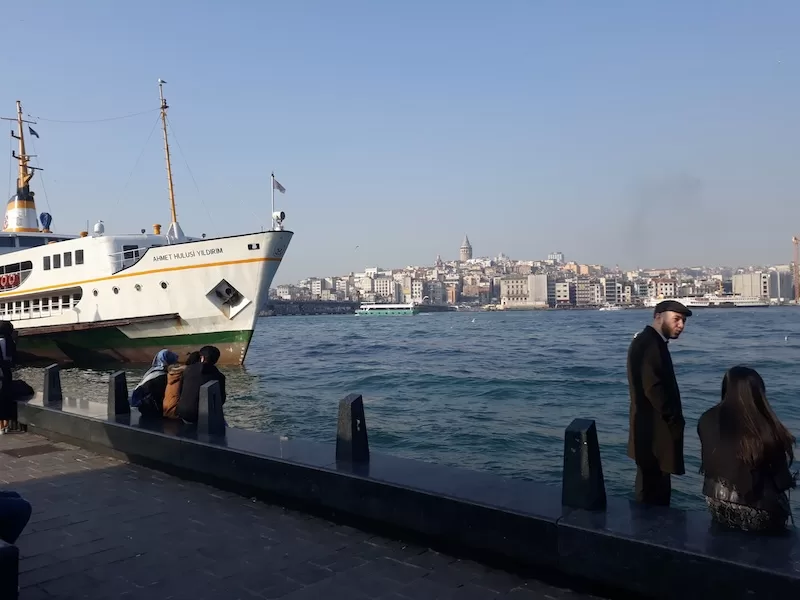
Why I Stay
When I first came to Turkey, settling in was hit and miss. These days, moving abroad can be planned down to the detail—thanks to blogs, YouTube, and social media guides.
But real life doesn’t come with edits. It’s full of good days and bad. Living anywhere successfully means balancing both. Some days, the effort of navigating Turkish culture leaves me exhausted. On others, the thrill of discovering world-class art for less than the price of a meal—or exploring Turkey’s vast landscapes, food, and traditions—reminds me why I stayed.
Read more like this: Great Places to Live for Under $2K
To make the most of Turkey, don’t compare it to home. Keep an open mind. When a stranger in a shop or on the metro asks personal questions, assume genuine curiosity, not malice. And when a new friend invites you out of your comfort zone—say yes.
You might just discover a different way of living in Turkey—and a whole new you.
FAQ: Living in Turkey
1. What is the cost of living in Turkey?
The cost of living in Turkey is quite affordable compared to Europe or North America. On average, monthly expenses range from $700 to $1,200 USD, depending on the city and lifestyle.
2. Is Turkey a good place to live?
Yes, Turkey offers a great quality of life — with beautiful landscapes, friendly people, and a balance between modern comforts and traditional culture.
3. How much does rent cost when living in Turkey?
Rent prices vary by location. In smaller towns, apartments can cost $200–$400 USD per month, while in major cities like Istanbul or Antalya, prices range from $600–$1,000 USD.
4. Is living in Turkey safe?
Turkey is generally a safe country. Most areas, especially tourist destinations and small towns, are peaceful and welcoming to foreigners.
5. What are the best cities for living in Turkey?
Popular choices include Istanbul, Antalya, Izmir, Fethiye, and Ankara — each offering a different lifestyle, from coastal living to cultural urban life.
About the Author
Lisa Morrow, is an Australian born sociologist and author that has lived in Istanbul for more than 15 years and travelled around the country for even longer.
Contact Author
"*" indicates required fields
Stay Ahead on Every Adventure!
Stay updated with the World News on Escape Artist. Get all the travel news, international destinations, expat living, moving abroad, Lifestyle Tips, and digital nomad opportunities. Your next journey starts here—don’t miss a moment! Subscribe Now!

